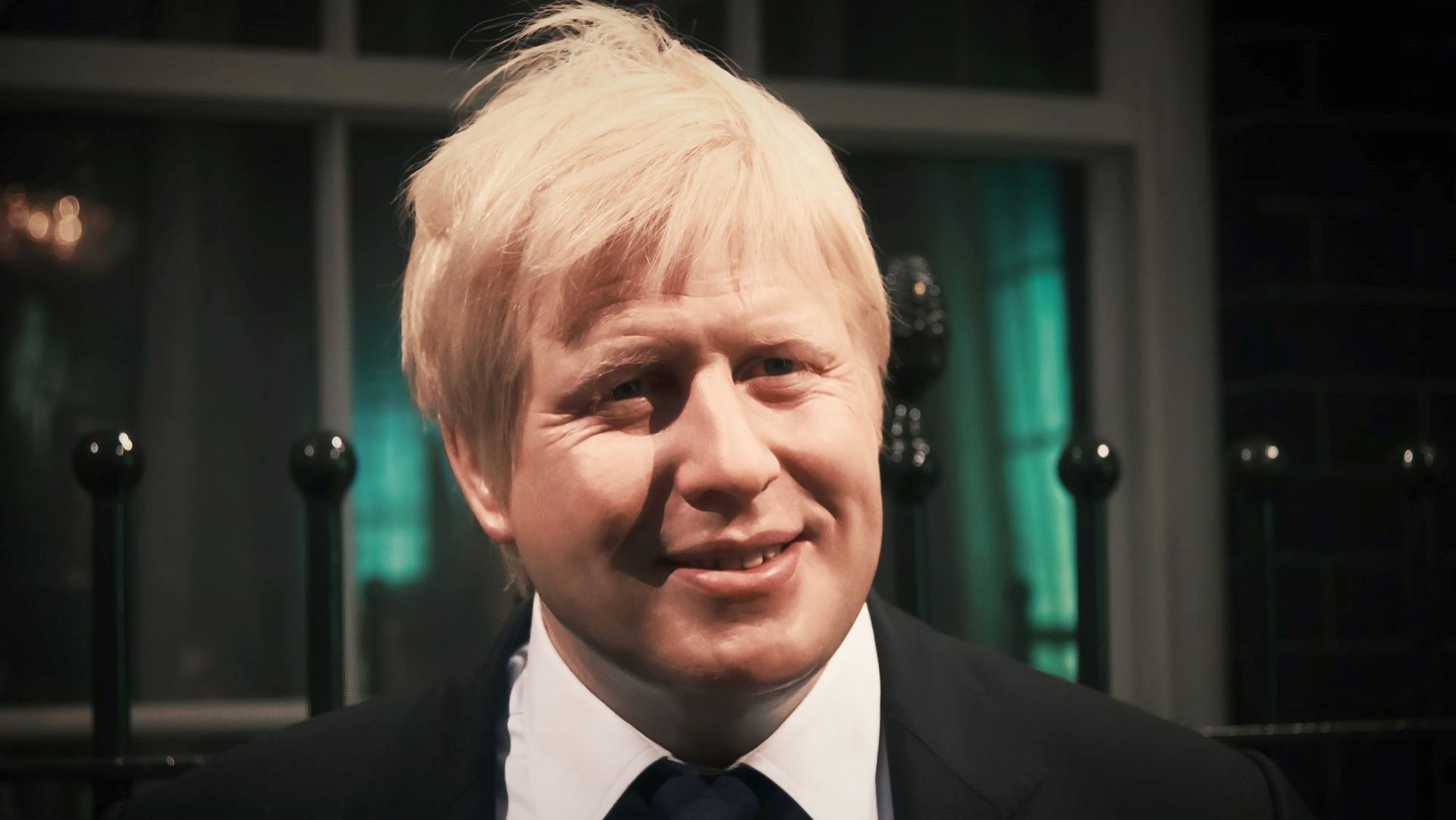In his Nicomachean Ethics, Aristotle writes that, “Virtue is concerned with the regulation of feelings and actions, and praise and blame arise upon such as are voluntary.” This sentiment has had lasting impact for philosophers of moral responsibility. In his Summa Theologiae, Saint Thomas Aquinas writes that, “Virtue is praised because of the will”.
In his 1645 letter to Princess Elisabeth, René Descartes writes that “among all the goods we can possess virtue is the only one that depends entirely on our free will.” Furthermore, in his 1981 essay, “Frank S. Meyer: The Fusionist as Libertarian Manqué”, Murray Rothbard writes, “No action can be virtuous unless it is freely chosen.”
The control condition: a requirement for moral responsibility
This view has been formalized with the term “control condition” which is considered necessary for someone to be morally responsible, i.e. worthy of blame or praise. In their 1998 book, Responsibility and Control: A Theory of Moral Responsibility, John Martin Fischer and Mark Ravizza explain that “[the control condition] specifies that the agent must control his behavior in a suitable sense, in order to be morally responsible for it”.
Thus, for someone to be worthy of moral praise, his actions must be freely chosen. What are the conditions of this freedom? While the difficult question of whether man is made “unfree” by the determinism of the universe remains unsettled, there is a general agreement that freedom requires, minimally, freedom from coercion.
As David Hume writes in his Enquiry Concerning Human Understanding, “By liberty, then, we can only mean a power of acting or not acting, according to the determinations of the will; that is, if we choose to remain at rest, we may; if we choose to move, we also may. Now this hypothetical liberty is universally allowed to belong to every one who is not a prisoner and in chains.”
These sentiments are echoed by Moritz Schlick in his 1930 book The Problem of Ethics. He stated that, “Freedom means the opposite of compulsion; a man is free if he does not act under compulsion, and he is compelled or unfree when he is hindered from without in the realization of his natural desires. Hence he is unfree when he is locked up, or chained, or when someone forces him at the point of a gun to do what otherwise he would not do.”
Coercion through laws backed by the threat of violence
All laws are backed by threat of violence and are thus coercive. As law professor Stephen L. Carter writes, “On the opening day of law school, I always counsel my first-year students never to support a law they are not willing to kill to enforce. Usually they greet this advice with something between skepticism and puzzlement, until I remind them that the police go armed to enforce the will of the state, and if you resist, they might kill you.”
Yet this is precisely the method by which all laws are enforced. If you use an illegal substance, if you do not pay your taxes, if you defy draft orders, you will be taken by force, under threat of death, to prison. When someone is following a law, they are doing so under the threat of violence, meaning that the control condition is not met. Thus, no one can be considered worthy of moral praise for following the law. The drug addict who refrains from taking the drug, the charitable man who gives to the government to help the poor, the man who goes off to war to defend his countrymen, are all doing so under the threat of violence. They lack the conditions necessary for morally praiseworthy action.
Man cannot be made virtuous through coercion
Thus, those laws that aim to make man virtuous cannot do so by prohibition and coercion. Prohibition strips man of his ability to be morally responsible and thus worthy of praise. We cannot know if a man who acts morally does so because of the strength of his character or if he acts, as Lawrence Kohlberg suggests, as a child does: “The physical consequences of action determine its goodness or badness, regardless of the human meaning or value of these consequences. Avoidance of punishment and unquestioning deference to power are valued in their own right, not in terms of respect for an underlying moral order supported by punishment and authority” and thus we do not know if we should praise him. For man to be virtuous, he must be free.
To read more about topics related to free will and moral responsibility, check out our cluster page by clicking on the button below.
This piece solely expresses the opinion of the author and not necessarily the organization as a whole. Students For Liberty is committed to facilitating a broad dialogue for liberty, representing a variety of opinions.









